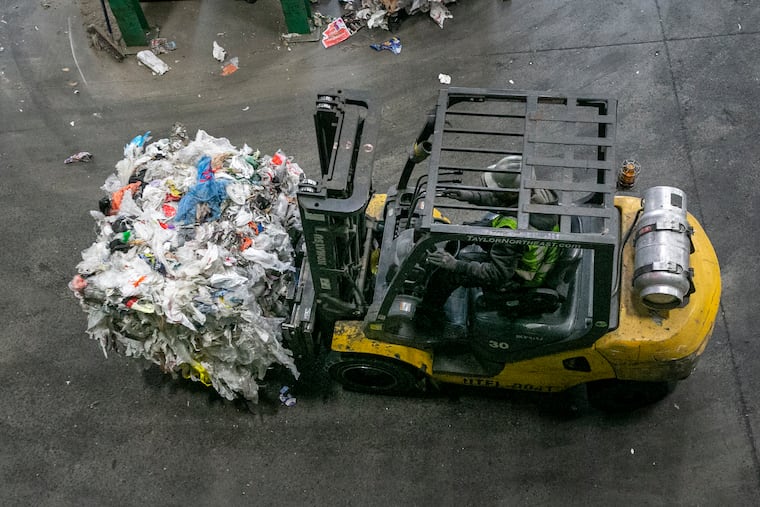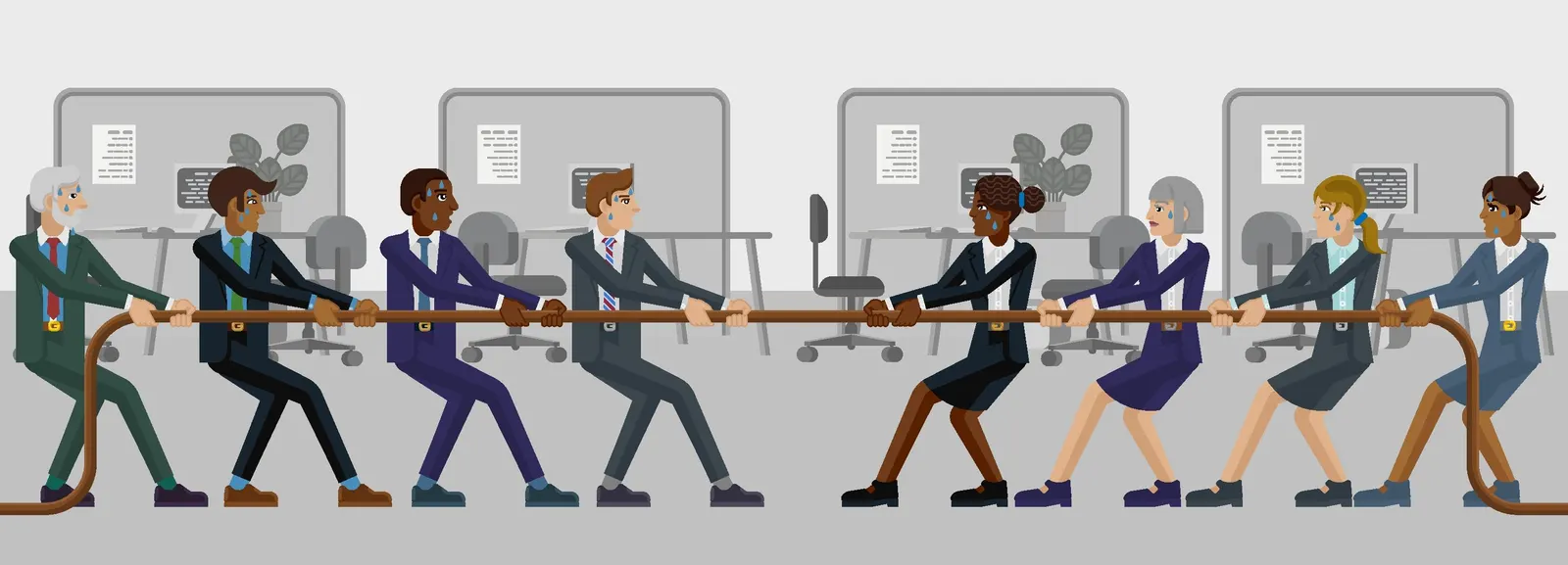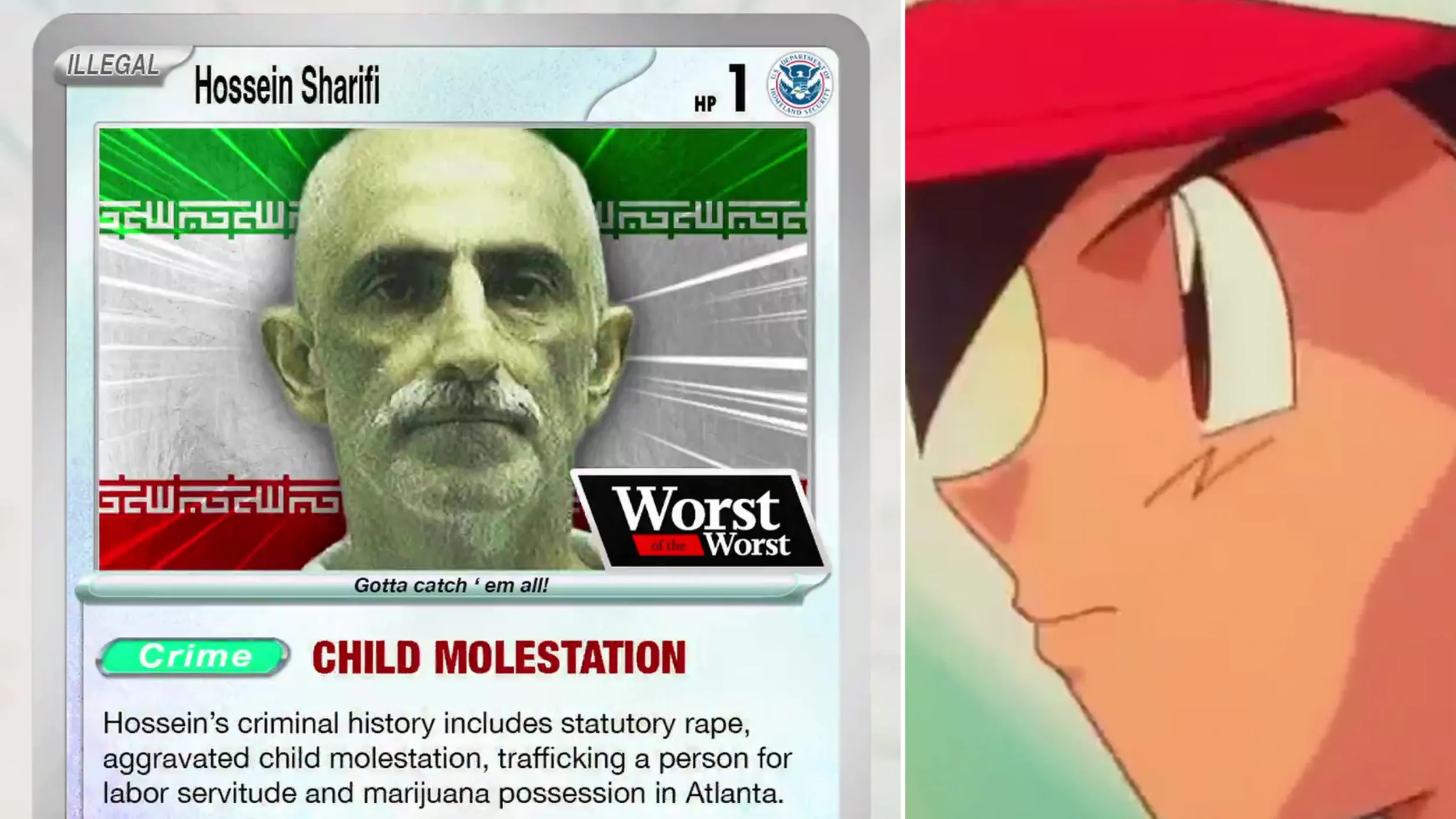Philadelphia sues SC Johnson and Bimbo Bakery for deceptive marketing over recycling claims

Philadelphia has sued two companies for deceiving city residents into putting plastics that aren’t recyclable in the blue bin next to their trash cans.
Ziploc bags and the plastic packaging of baked goods such as Thomas’ bagels and English muffins end up in the city’s waste stream — despite claims that the plastics can be recycled.
The city’s law department, alongside the Hausfeld law firm, filed a complaint Wednesday against S.C. Johnson & Son, which owns the Ziploc brand, and Bimbo Bakeries USA, the company behind Thomas and other baked-good brands such as Sara Lee and BrownBerry. The lawsuit says the two companies engaged in a “coordinated campaign of deception” to mislead consumers about the possibility of recycling their products.
“Defendants’ deceptive marketing has increased their profits, enabling them to extract more money from consumers who believe in good faith that they are shopping sustainably,” the complaint says. The suit doesn’t say how many consumers the city believes were misled.
The city sued under the Consumer Protection Ordinance, signed into law by Mayor Cherelle L. Parker in 2024. The lawsuit is asking a Philadelphia Common Pleas judge to order the companies to change their marketing, impose penalties, and award the city damages.
“Companies that label their products with the goal of implying their product is recyclable when it isn’t are not just breaking the law, but they are violating public trust and contributing to waste,” Parker said in a statement
A Bimbo spokesperson said in a statement that the Horsham-based company hasn’t been served yet, and would review the allegations when it receives the lawsuit.
“We are committed to zero waste across our operations, including consumer packaging, and to being a strong partner in every community we serve, especially our hometown of Philadelphia,” the spokesperson said.
S.C. Johnson did not immediately respond to a request for comment.
There is a gap between the theoretical possibility of recycling plastic and the reality of the recycling business, the suit says. There isn’t a significant market for recycled plastic bag material, and the recycling of plastics involves many steps.
Just because a product has on it a triangle made of three chasing arrows, the universal symbol of recycling, doesn’t mean that it can actually be recycled, the complaint says. The symbol is often simply an indicator for the type of plastic.
But only 8% of Americans know this fact, and 97% think that the chasing arrows symbol means that the product is definitely or probably recyclable, according to the lawsuit.
Philadelphia has been on a mission to battle plastic bags, the top contaminant in the city’s municipal recycling system, according to the suit. In 2019, City Council banned retailers from using single-use plastic bags. But the misleading marketing of S.C. Johnson and Bimbo is undermining this effort, the lawsuit says.
Ziploc bags and bread bags are made of thin flexible plastic films that include materials that can’t be recycled in Philadelphia, or most cities. But the chasing arrows triangle printed on the packaging suggests otherwise to the majority of consumers.
On some products, the companies include a “store drop-off” label, which again, the suit says, is not what consumers think it means. While private recycling programs that claim to reprocess plastics exist, they often require sign up and involve cumbersome shipping requirements, according to the complaint. And many of these operations are a “hoax,” the suit alleges.
The fine print on some products does direct consumers to check whether/if the plastics are recyclable in their area. But the lawsuit argues that companies should communicate realistically about the prospect that waste from their products will end up reprocessed.
That expectation has also been emphasized by courts and federal regulators, according to the complaint.
“Philadelphia consumers understand the language and symbols in Ziploc and Bimbo marketing to mean that their plastic bags are recyclable, but that is profoundly misleading at best,” the suit says. ” No matter how hard consumers try to recycle those plastic bags, those bags will nevertheless almost always go to waste. “



